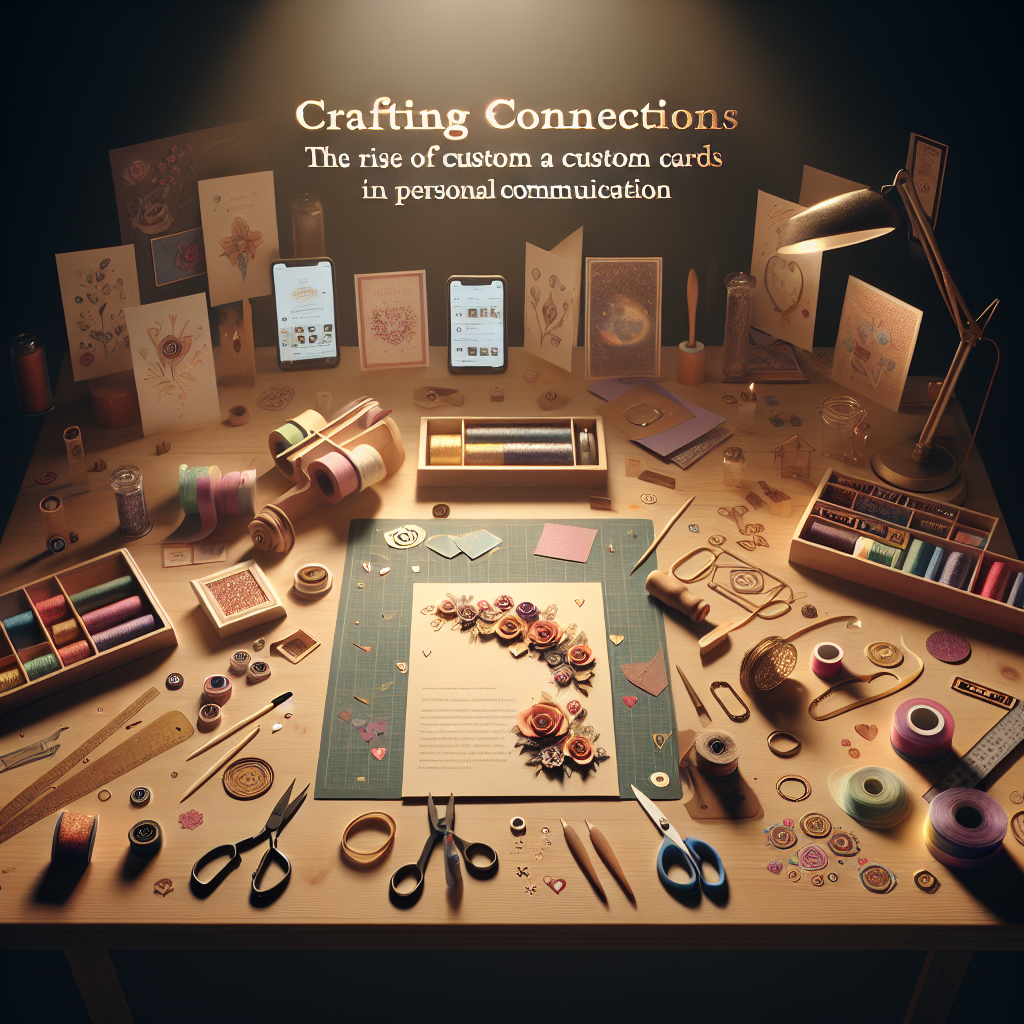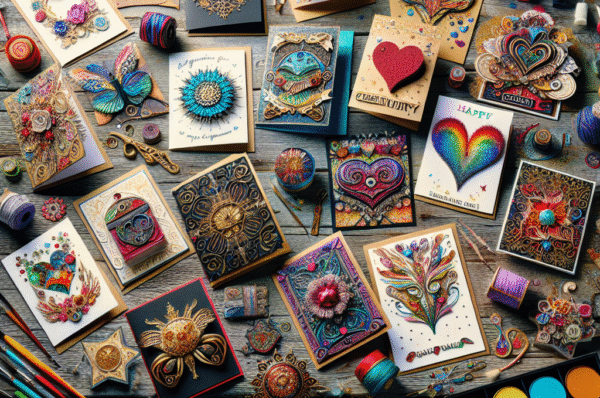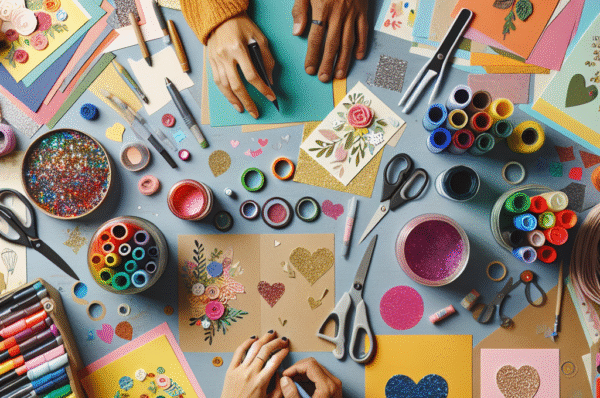In our fast-paced digital world, where texting and instant messaging dominate communication, a surprising trend is emerging: the renaissance of custom cards. These personalized pieces of stationery are making a significant comeback, providing a heartfelt alternative to the fleeting nature of digital communication. The rise of custom cards is not just a nostalgic return to traditional methods but a testament to the human desire for meaningful connections.
The Allure of Personal Touch
In an era where emojis often replace words and quick responses are the norm, custom cards stand out for their tangible and thoughtful nature. Whether it’s a birthday card, a thank you note, or a simple “just because” message, personalized cards reflect effort, care, and creativity. Handwritten notes convey sentiments that typed texts often fail to capture. The physicality of a card—its texture, design, and personal message—resonates with recipients on a deeper emotional level.
The Craftsmanship Factor
The rise of custom cards is also closely tied to the growing appreciation for craftsmanship and artisanal products. Consumers are increasingly drawn to small businesses and independent creators who offer unique, handmade items. This trend is reflected in the booming market for custom cards, which often feature intricate designs, high-quality materials, and personalized touches that mass-produced cards simply cannot provide.
Artisans are embracing different styles, from elegant calligraphy to whimsical illustrations, catering to diverse tastes and preferences. Websites like Etsy and platforms like Instagram are showcasing talented artists who create bespoke cards that capture individual personalities and stories. The opportunity to choose or even design a card from scratch allows for a level of customization that appeals to consumers looking for something special.
Building Lasting Relationships
Custom cards are more than just a way to convey messages; they can strengthen bonds. In a time when maintaining relationships can feel challenging, especially with long-distance friends and family, sending a personalized card can bridge the gap. Custom cards evoke feelings of nostalgia and remind recipients of shared memories. A handwritten note can spark joy and create a lasting keepsake that is often displayed on fridges or mantels, serving as a constant reminder of the connection.
For businesses, incorporating custom cards into client communications can foster brand loyalty and strengthen client relationships. Sending personalized thank-you notes or holiday cards demonstrates appreciation and thoughtfulness, distinguishing companies in a competitive market.
Digital Meets Handmade
The rise of custom cards doesn’t mean that digital communication will fade away. In fact, many brands are creatively intertwining the two. Digital tools allow customers to design their cards online and then print them through professional services, merging convenience with personalization. Virtual design platforms enable users to incorporate photos, unique fonts, and colors, allowing for high customization levels that were previously unattainable.
Moreover, social media has played a pivotal role in this trend. Platforms enable users to share their creations, inspiring others to embrace the art of card-making. Creative communities have emerged online, with tutorials and tips that encourage people to showcase their designs or learn how to craft their own cards at home.
The Future of Communication
As society becomes increasingly disconnected in our digital interactions, custom cards serve as a reminder of the importance of personal touch in communication. The trend reflects a collective shift towards valuing meaningful interactions over speed. Custom cards remind us that it’s often the thought behind the message that matters the most, sparking joy in both the sender and the recipient.
In a world where every notification can feel trivial, taking a moment to craft a meaningful message can lead to profound connections. The rise of custom cards illustrates a beautiful blending of tradition and modernity—proof that even in the digital age, tangible expressions of love and appreciation are far from obsolete.
Conclusion
The resurgence of custom cards in personal communication is more than just a trend; it is a movement towards authenticity and connection. As we navigate a rapidly changing world, the art of crafting messages by hand allows us to pause and cherish the relationships that enrich our lives. Whether for birthdays, thanks, or little moments of kindness, custom cards are a beautiful way to remind someone how much they mean to us—a heartfelt gesture that transcends the digital noise and fosters genuine human connection.




